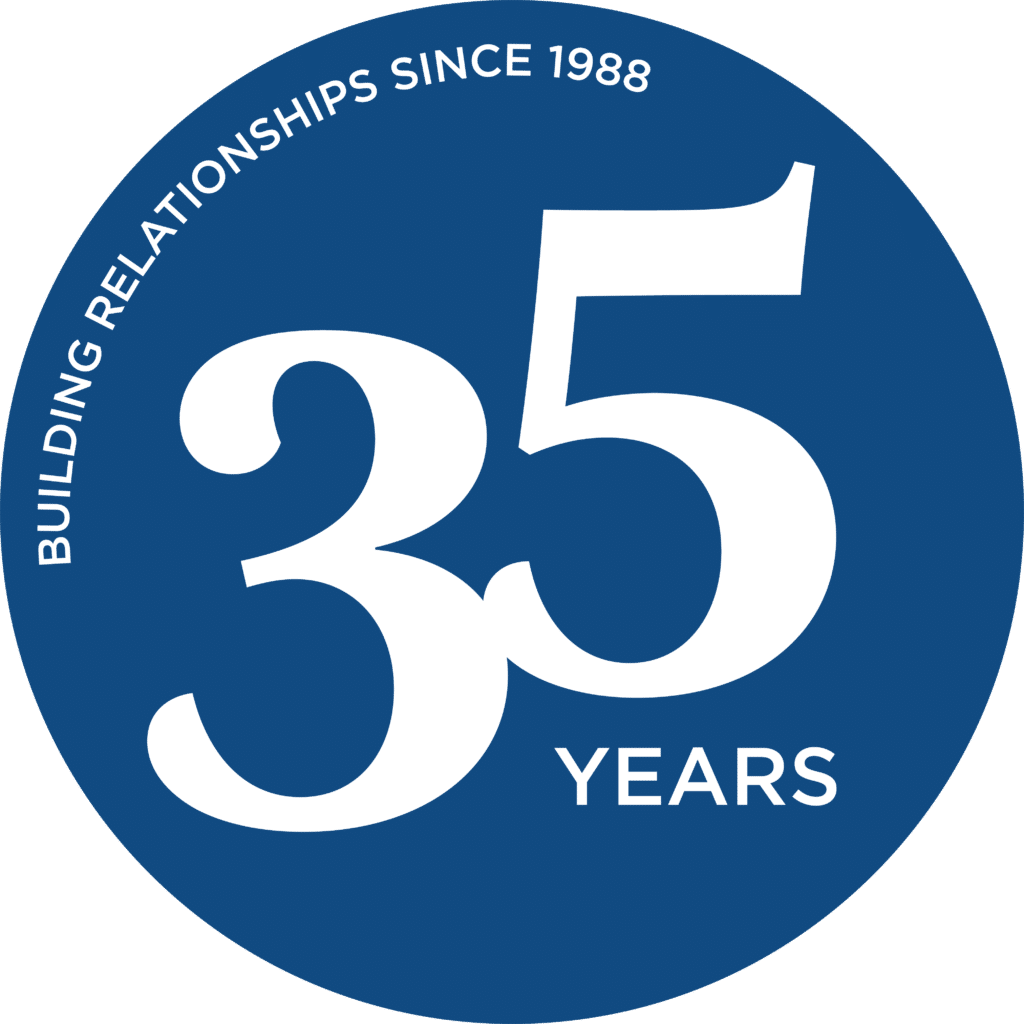It’s probably no surprise that the social and economic impacts of COVID-19 have forced a significant number of organizations to reevaluate their approach to compensation this year. Prior to the pandemic, the environment looked strong. We had low unemployment, positive economic indicators, and a tight labor market. Then, almost overnight, we experienced an economic shut-down, skyrocketing unemployment and a massive (and expensive) stimulus response. Some industries, like hospitality and air travel, may take years to recover while others are now slowly starting to return to normal. A full economic recovery for everyone may be years away.
In the meantime, organizations are learning how to do more with less. This is especially apparent when it comes to employee compensation. Companies are becoming more innovative when it comes to hardship pay, one-time bonuses and discretionary awards. HR must have a thorough understanding of total rewards, its connection to company goals, and how to measure the ROI on compensation spending. Deloitte’s 2019 Human Capital Trends Reports revealed that only 11% of respondents had reward systems highly aligned with their organization’s goals.
Because of the economic impact, some companies had to make mid-course changes to their performance-based compensation programs to reflect adjusted company goals. And now, many organizations are grappling with how to deal with their remote workforces and the impact on labor pools and traditional geographic compensation zones.
So, what can we look for in the coming months?
Reduced Salary Increases – The projected average expected salary increases for 2021 will be about 2.8%. Some sources have indicated a slightly higher number, but the consensus seems to be that increases may be slightly less than last year. According to a Korn Ferry Global Salary Survey, one of its most significant findings is an increase in the percentage of organizations planning no increases for most of their employees. Only 35% of respondents indicated that they planned to provide increases to 100% of eligible employees.
Performance Management – This continues to be a top priority for 2021 with organizations interested in making the biggest impact with limited funds. They are targeting rewards toward critical talent and the strongest performers – to those employees pulling the organization through the current crisis and to those with the right capabilities to sustain the organization going forward.
Pay Equity – While significant strides have been made to address this problem, women and people of color still face pay equity hurdles. According to the most recent US Census Bureau data, women overall are still paid 82% of what men make on average. Disparity is even more severe in terms of race and ethnicity. The good news is that organizations continue to focus their efforts on this issue. A recent World at Work Equity study found that well over 60% of organizations indicated that they are taking steps to address pay inequity in the workplace, promote DE&I, and conduct compensation analyses more frequently. We are seeing this first-hand with our clients as many are requesting pay equity analyses as a component of their compensation project.
Transparency – Many organizations are either planning or considering increasing the level of transparency around their compensation decisions. Websites like Glassdoor and the continued focus on pay gaps has only made this issue more urgent and acceptable to discuss. The pandemic created an environment where organizations sought to provide timely and transparent communication regarding wage freezes, temporary adjustments, and reductions. In the coming months, employees will want more transparency on how their compensation is determined. The vast majority of CCI’s compensation work with clients includes specific plans for communicating any new changes in compensation programs and structures to employees.
Variable Compensation – We continue to see a greater use of variable pay to reward performance and less emphasis on fixed pay in the form of traditional annual increases. This includes annual bonuses or incentives, quarterly bonuses, spot awards, project bonuses, and team awards. Many organizations seem to be consolidating their spending on structured annual incentive programs (AIPs) that consider company-wide financial metrics. Organizations will need to better communicate and compensate for the linkage between company performance and individual contribution to that performance.
Remote Work – According to a January Willis Towers Watson survey, over half of the global workforce will continue to work remotely into the first quarter of 2021. Some organizations have already begun to divert budgets for commuter allowances, company cars, and business travel to support optimizing pay for essential workers and/or to restructure awards for a distributed, remote workforce. We should expect to see significant reductions in real estate and transportation costs over the next few years. Geography related aspects of an organization’s compensation program, which are traditionally based on office location, may no longer apply. Labor pools are likely to broaden. And while it’s not certain what the new workforce model will be, companies are taking a hard look at the risks and benefits associated with adopting a partial or total remote workforce model.
Two thousand twenty was a year of massive disruption and change but it also provided organizations with an opportunity to examine their existing compensation programs and to increase their agility, transparency and creativity to help develop a more meaningful and strategic approach to employee pay.
Paul Jeffers
VP & Practice Leader, HR Consulting
CCI Consulting



